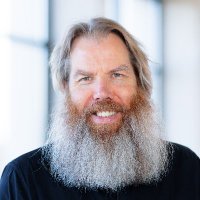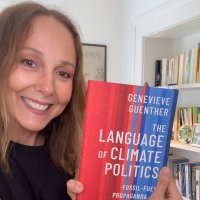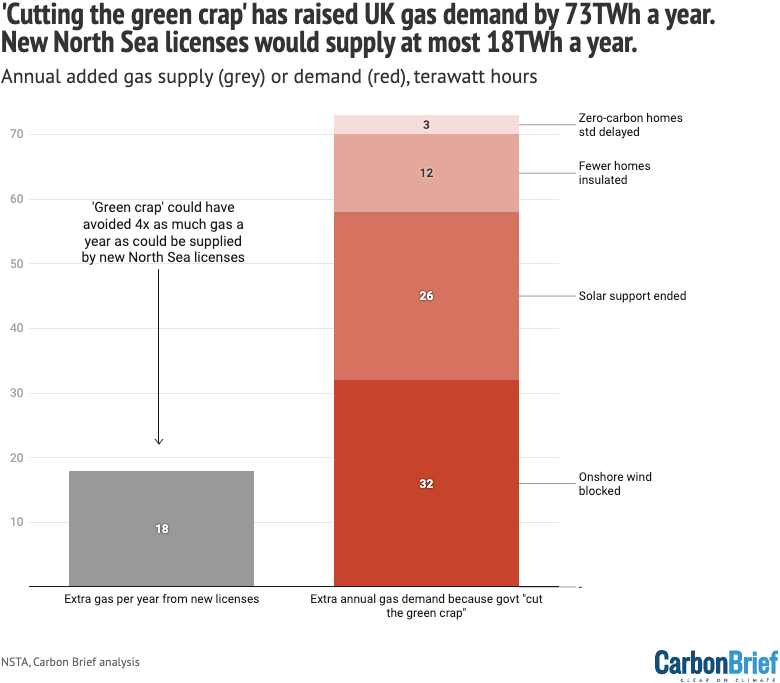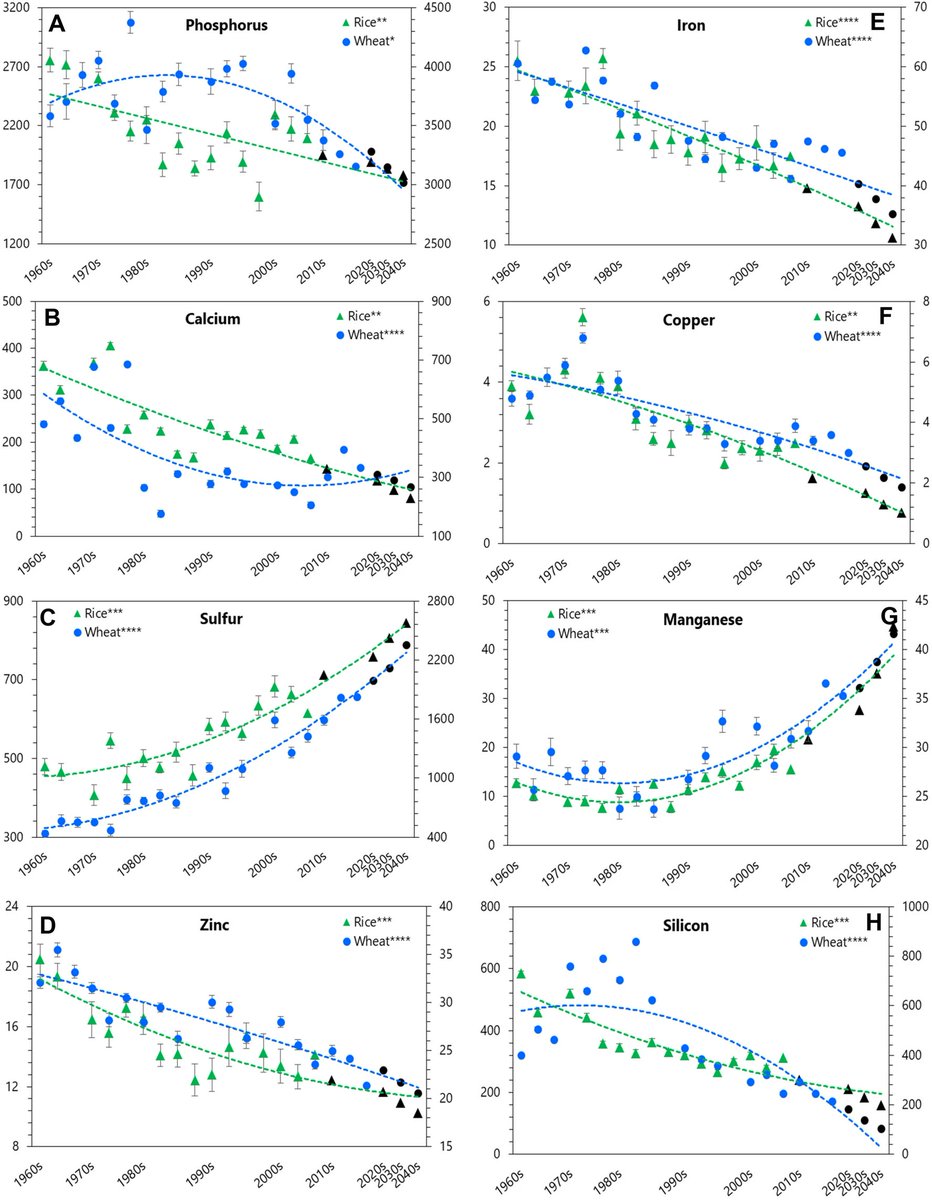
Ramona Liberoff
@ramonalxyu
Executive Director PACE (Platform for Accelerating the Circular Economy). also, SDG investor, social innovation and finance. all views mine.
ID: 257569694
25-02-2011 18:19:29
3,3K Tweet
1,1K Followers
3,3K Following

And here's Carbon Brief's Q&A about Sunak's net-zero u-turns announced in that 20 Sept speech It now looks likely as if the ongoing legal actions by Good Law Project and Chris Packham will be the only way to force this analysis out of the govt carbonbrief.org/in-depth-qa-wh…

UK new houses are “rubbish” - poorly built, nightmare for buyers but great for profits of construction industry that provide at least 10pc of Tory party donations. How did this happen? My colleague Olly Wainwright finds horror stories are common theguardian.com/lifeandstyle/2…








#COP28 Update from World Resources Institute 's Stientje v Veldhoven 🌍 As discussions unfold, shaping the future of people, nature, and #climate, an agreement on loss and damage sets the stage for crucial talks. Stay tuned for updates on solutions and decisions during this critical event. 🌿💬


Today I listened to a fascinating Yale Program on Climate Change Communication webinar on "deep canvassing" — a form of persuasion based on not just personalizing an issue, but really listening to your interlocutor and validating all the ways they *want* to do the right thing. This slide👇blew my mind. 1/



Want to know why cities are getting so much attention at #COP28? Rogier van den Berg, Global Director of WRI Ross Center for Sustainable Cities, breaks down why this is a pivotal moment for urban climate action.




Now that the #LossAndDamage fund has been set in motion, what comes next for this crucial pillar of climate action? WRI's Nate Warszawski at #COP28 breaks it down. Learn more: bit.ly/3GyXueW




